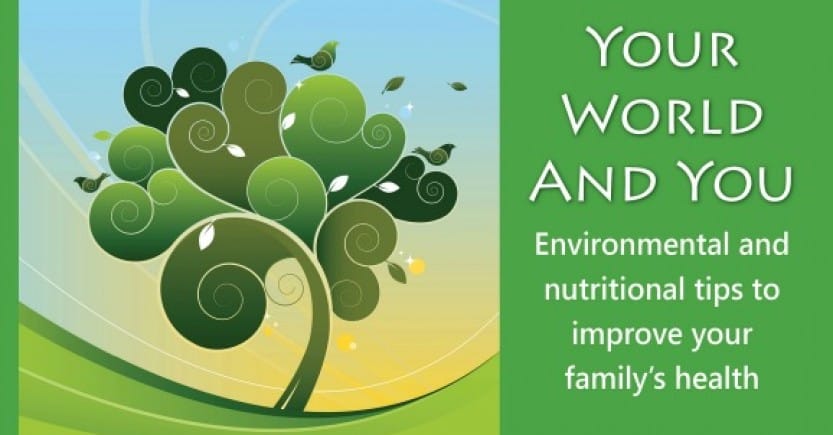Autism: Research and Resources
Latest Research
Research focused primarily on genetic factors for autism until the past couple of decades when the role of the environment and the immune system garnered increased attention. With the major increases in the incidence of autism, considered epidemic by many, it was clear that the environment, from prebirth through the early years, played a significant role.
Some children with autism appear different from birth, yet about half of children with autism develop the symptoms while a toddler, usually between 1.5 to 3 years of age. Attention has been focused on possible environmental reasons for what is called a “regression” in communication skills, social skills, and cognition (mental functioning).
Environmental factors include issues such as exposure to a virus, seizures, vaccines, and candida or yeast overgrowth as well a number of prenatal factors.
See our article on Recent Research on Dietary Factors in Autism for a selection of recent studies focused on diet as related to symptoms of autism.
Resources for Integrative Approaches
.




.
Related articles are shown below. If you don’t find what you’re looking for, you can search using the box at the upper right of the page or browse our forums.
A half-day symposium on immunological factors, genes, and the environment focused on the potential benefit of medical treatments to address environmentally-triggered problems associated with autism spectrum disorders. The program was recorded on June 1, 2013 […]
LINDSEY KONKEL Environmental Health News; June 23, 2014 Babies whose moms lived within a mile of crops treated with widely used pesticides were more likely to develop autism, according to new research published today. The study of […]
You might have seen the headlines last week that touted: Prenatal maternal stress predicts asthma and autism traits in 6 1/2 year-old children: Project Ice Storm. The news was based on a press release from […]
Black and Hispanic children with autism appear to be more likely to regress than white children. Some children with autism appear to be developing normally when they are very young. They babble or even talk, […]
Environmental and Nutritional Tips to Improve Your Family’s Health This feature highlights reports, studies, and feedback from readers on efforts that can make a positive impact in the quest for health. We invite you to […]
Environmental and Nutritional Tips to Improve Your Family’s Health This feature highlights reports, studies, and feedback from families on efforts that can make a positive impact in our quest for health. We invite you to […]
From birth, infants naturally show a preference for human contact and interaction, including faces and voices. These basic predispositions to social stimuli are altered in individuals diagnosed with autism spectrum disorders (ASD). A new study […]
A revised version of a popular autism screening tool provides better identification.











